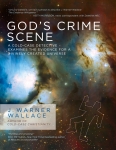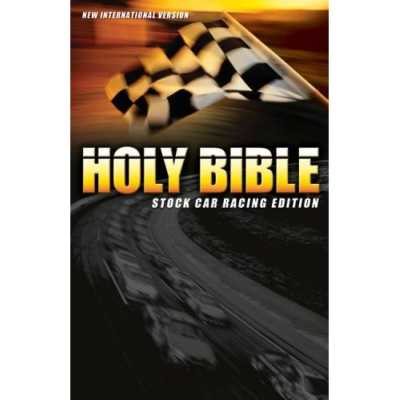The Center for Inquiry has a press release announcing a new report criticizing the methodology of Baylor University’s ongoing look at levels of religiosity in America, recently published in book form as What Americans Really Believe.
The CFI report, available as a PDF download here, makes a fairly persuasive case that the Baylor reports are cherry picking data to exaggerate the extent of religious belief in the United States and diminish the growing level of skepticism about the existence of God (though that does not necessarily, unfortunately, lead to atheism per se).
Baylor outsources it polling to Gallup, which has long been asking Americans about their religious beliefs, the core of the CFI argument is that there is a lot of Gallup data that directly contradicts the Baylor claims. Essentially, the report alleges that Baylor is classifying a lot of people who do not believe in God or are agnostics as religious. In the process, a lot of fascinating data about religious belief and skepticism is prevented including this amazing chart based on Gallup polls,
|
2001 |
2004 |
2007 |
| Believe in God |
89.70 |
89.91 |
86.29 |
| Not Sure About God |
6.83 |
5 |
7.56 |
| Don’t Believe In God |
2.69 |
4.25 |
5.84 |
| Don’t Know |
— |
0.7 |
0 |
| Adding the last three together for total atheists and agnostics |
9.52 |
9.95 |
13.4 |
As Greg Paul, author of the CFI report argues,
Just last year, more than 13 percent of Americans told Gallup they had significant doubts about the existence of God. This is the highest level of religious skepticism recorded by the organization over six decades. Nor does any recent Gallup survey match the extremely low levels of disbelief in God reported from the 1940s into the 60s. Gallup’s data shows clearly that popular atheism has not held stable over time. On the contrary, unbelief in God was far less prevalent in the mid-twentieth century than it is today. This forces the question: How could the Baylor team be unaware of a large body of findings made by the organization that is its partner in the current survey project?
The entire report can be downloaded here (PDF) and is well worth reading in its entirety.
 God’s Crime Scene may be the most appropriately titled work of Christian apologetics ever.
God’s Crime Scene may be the most appropriately titled work of Christian apologetics ever.